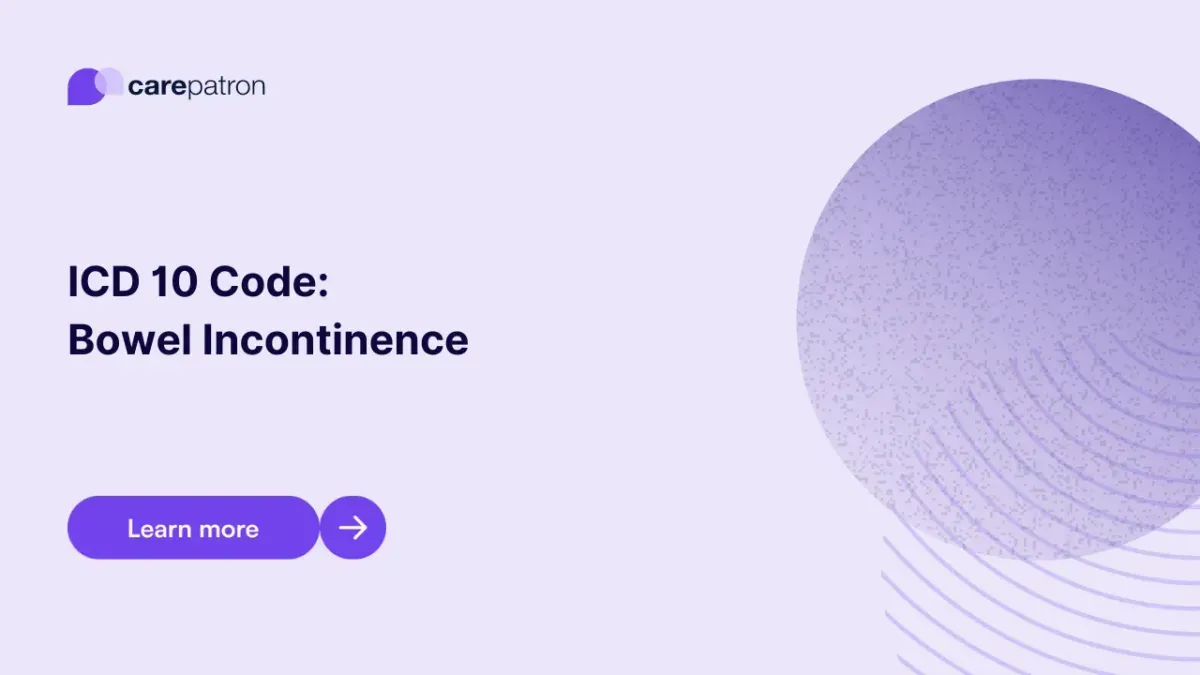
Bowel Incontinence ICD-10-CM Codes
Read this short guide to learn about bowel incontinence ICD codes you can use.
Use Code
Commonly asked questions
The following can cause bowel incontinence: damage to the nerves that regulate bowel movement, Crohn’s Disease and other inflammatory bowel diseases, rectal prolapse, rectocele, getting older, and abuse of laxatives.
Healthcare professionals will resort to conducting any of the following: anal electromyography, anal manometry, anal ultrasound, and proctography, to mention a few.
Healthcare professionals might prescribe fiber supplements and anti-diarrhea medicine. They might also suggest dietary changes that include food that can thicken stool and avoid food and fluids that can loosen them.
EHR and practice management software
Get started for free
*No credit card required
Free
$0/usd
Unlimited clients
Telehealth
1GB of storage
Client portal text
Automated billing and online payments
